Tips for How to Recover after Running a Half Marathon
With the finish line behind you, and sore muscles looming in front of you, just what is the best way to get the recovery process underway efficiently and effectively after running a half marathon?
Truthfully, having a plan concocted before your big race will serve you best.
-But, hey, if the race has already been run, and you’re a little late in figuring these things out, it certainly won’t hurt to execute any of the following tips that you can. And just think, knowing these tips and tricks will have you well prepared for that next race!
Before and During Tactics to Aid Half Marathon Post-Race Recovery
Wear Compression Socks During Your Race
Compression socks aid in circulation and prevent fluids from pooling in your lower extremities.
Stability and muscle support are also enhanced which in turn minimizes discomfort.
Diminishing the stress load by wearing these socks results in overall post-race recovery.
Research shows that compression socks can alleviate delayed onset muscle soreness (Muscle pain that occurs a day or two after a hard workout.) for up to 24 hours after a race - allowing you time to get control of your recovery.
For more benefits and overall information about compression running socks, read this comprehensive post which includes a buying guide so you can purchase the best ones for you.
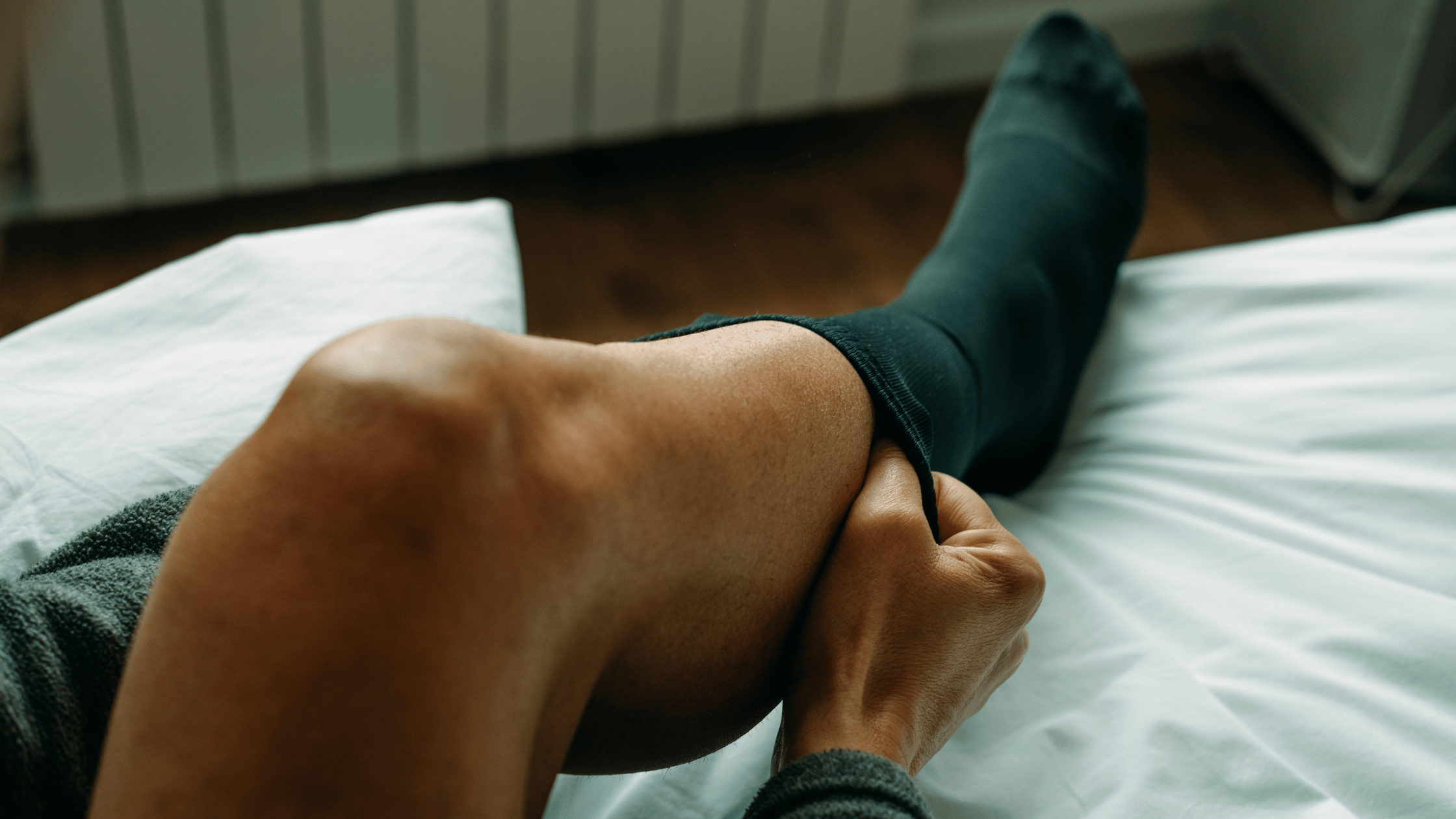
Stay Hydrated
Of course keeping hydrated throughout your half marathon has so many benefits but did you know it can reduce muscle soreness?
When hydrated, the cartilage in tendons, muscles and ligaments is kept soft and flexible preventing stiffness.
Also, toxin buildup (which can lead to inflammation) and waste products are continually flushed out by drinking water.
Even minor loss of hydration can have an impact. With a little mindfulness, keeping hydrated takes little effort.
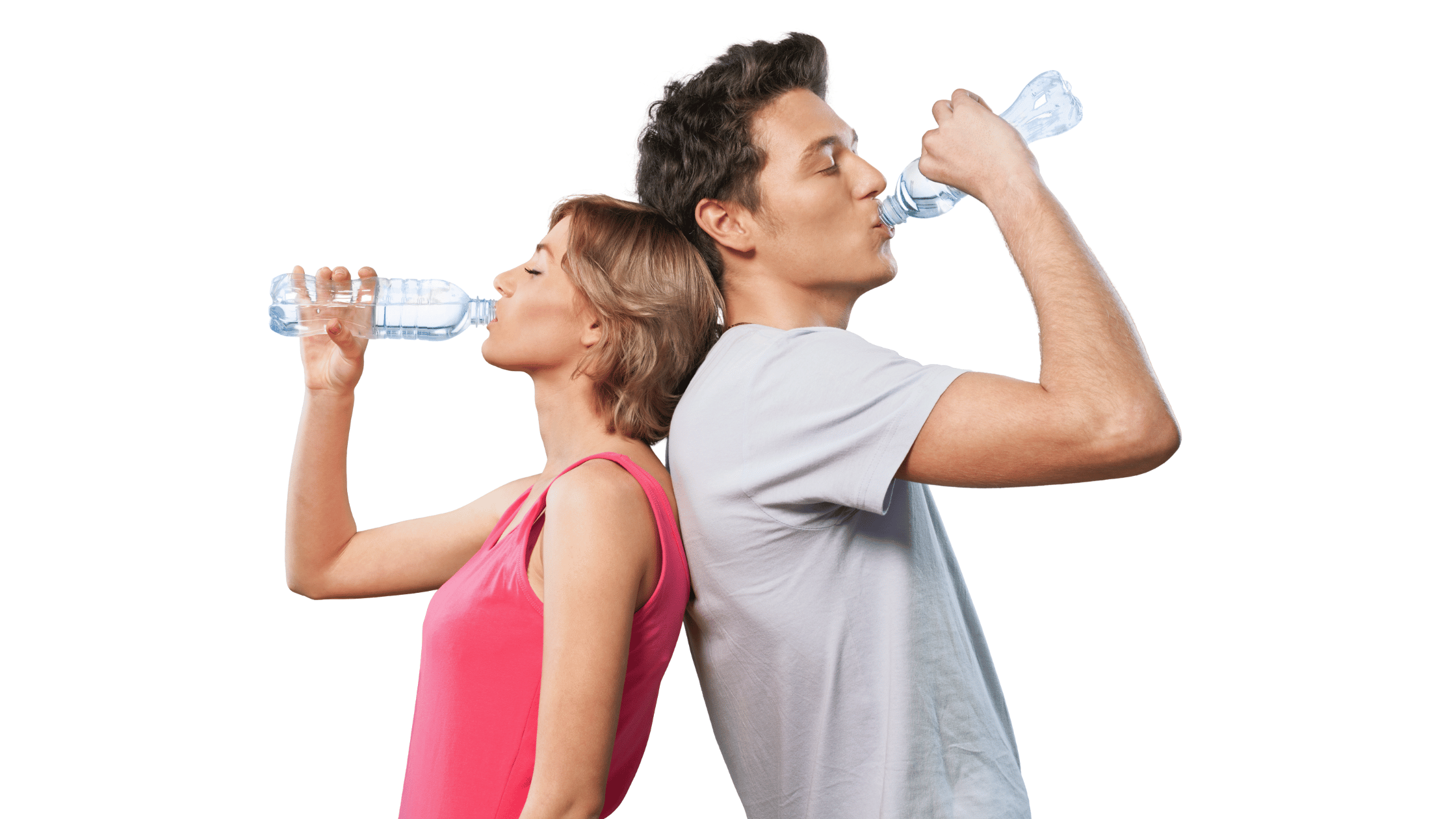
Eat Anti-Inflammatory Foods
Marathon runners usually encounter micro-tears in their muscles due to their hard workouts.
These small tears cause inflammation that can prolong the recovery period. Avoiding inflammation as much as possible improves recovery afterwards.
Diet is one way to manage inflammation - both before and after a race.
Some food you should avoid that promote inflammation:
- Sugar,
- caffeine,
- gluten,
- hydrogenated oils,
- trans fats and
- refined grains
Instead, focus on omega-3 fatty acids, nuts and seeds, leafy greens and other vegetables, cherries and other berries, and citrus fruits.
To garner more inflammation information, read up on other methods of fighting inflammation in this post.

Get Enough Sleep
This is another “before and after” component that significantly aids in recovery from a half marathon. Adequate sleep plays a huge role in overall recovery time.
In fact, many don’t realize just how detrimental sleep deprivation is to your overall health - and even more so for those who have been subjected to great physical and mental stress by training for and running a half marathon.
The various sleep cycles, especially deep sleep, play a significant role in decreasing and healing inflammation, repairing muscle damage and restoring energy.
Making sure you get enough quality sleep and that you have good pre-sleep hygiene can make a huge difference in your overall performance!
Race Day Recovery Tips
Keep Moving
I know, I know - this is probably what you don’t want to hear after you’ve just run 13.1 miles but keeping the oxygenated blood circulating through your body is so important.
The lower intensity of walking will promote tissue repair while preventing additional muscle fatigue.
The most noticeable effect of moderately slowing down will be the diminishing of stiffness.
Also, it’s important to be aware that abrupt stopping can result in pooling of blood in your legs which in turn can cause your blood pressure to drop.
Dizziness or even fainting can occur - definitely not how you want to end your triumphant race!
It is best to allow at least 10 minutes - but even up to 20 minutes - of casual walking to really launch your recovery period.
Then, for the duration of the day and in the days to come, plan on some form of movement every hour.

Continue Drinking
The first thing you want to do after crossing that finish line is to make a point to drink about 8 ounces of water. Your body is stressed and needs to maintain hydration in order for cell, tissue and muscle repair to get underway.
Your body temperature is also more than likely out of whack making heat exhaustion or even heat stroke a possibility. Drinking lots of water will promote temperature regulation and prevent heat related illnesses.
Aim for 16 to 20 ounces per hour for the first several hours following your half marathon.
Supplementing other recovery drinks such as sports drinks is a great way to help restore the depleted electrolytes and so also should be implemented.
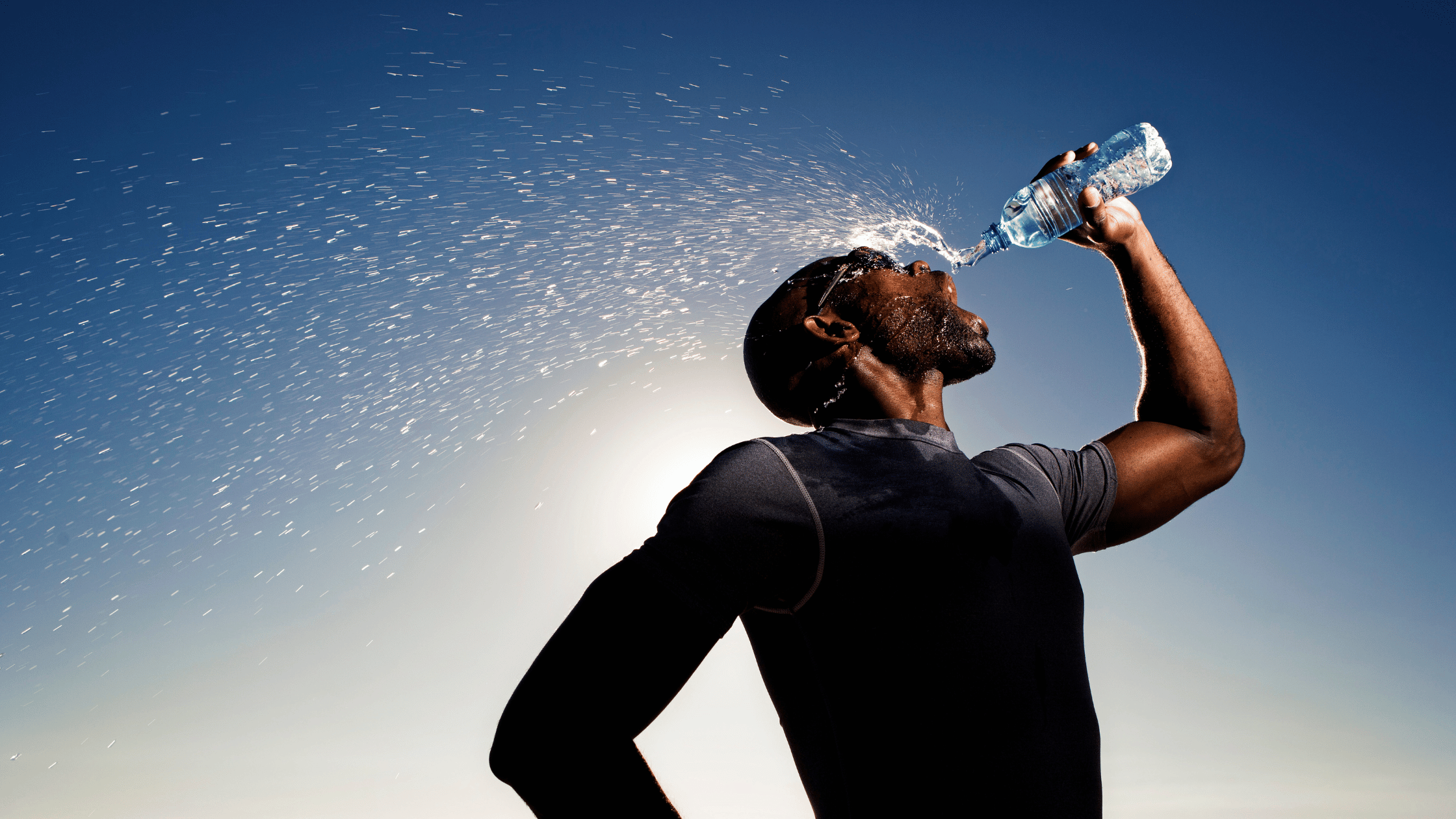
Stretch
Take advantage of those warm muscles by performing stretches that target your hamstrings, glutes, hips and core.
Stretching will help you maintain flexibility and assists in lessening the risk of injury during recovery.
Your Post Marathon Stretching Prescription:
Start stretching within the first 15 minutes of finishing your race and repeat sporadically throughout the remainder of the day - each time taking at least 10-15 minutes.
It’s best to hold positions anywhere from 30 seconds to up to two to three minutes depending on the tightness of the area.
Here is a guide to some of the best stretches for runners.

Eat & Effectively re-fuel!
Complex carbohydrates are essential for half marathon recovery and are most effective in the recovery process when consumed within the first 30 minutes of your run.
Protein also plays an important role for muscle recovery and tissue repair. Protein contains the very important amino acid glutamine.
Glutamine replenishes your glycogen stores (the body’s stored form of glucose that provides the main source of energy) and reduces lactic acid build-up. (Lactic acid impairs muscle functionality due to hard workouts.)
One note: Do be aware that, like carbohydrates, it’s important to include protein fairly soon after your race. Studies show that waiting several hours before eating protein results in a reduction in glycogen restoration.
Of course, combining your carbohydrate snack with protein is ideal.
To incorporate snacks with both carbohydrates and protein, think Greek yogurt with a banana, cheese and whole-wheat crackers, fruit with a hard boiled egg, nuts and seeds.
Here is a list of great snacks for runners.
And although there probably won’t be many who will groan at being told to eat, some might prefer to drink their carbs and protein.
This is perfectly fine.
Fruit juice with ground chia seeds (chia seeds promote hydration!) makes for a good option as does milk, even chocolate.

Take Supplements
To give your body and immune system an overall boost, vitamins are recommended.
A good way to replenish many of the most essential nutrients lost through your hard effort is in one swoop with Emergen-C - found here.
Adding this powder to your drink will supply you with:
- vitamin C,
- B vitamins,
- electrolytes,
- zinc,
- manganese and
- other electrolytes.
Take as soon as possible and again before bedtime.

Bathe
Of course, it’s pretty certain that a shower will be in order but the jury’s still out on which is more beneficial - immersion in an ice bath or in a hot tub.
With that said, most studies are showing that if you have noticeable inflammation or an injury, cold water immersion will keep swelling at bay.
Most experts also agree that heat therapy is best utilized after inflammation is under control. (Heat therapy increases blood flow and circulation which also promotes healing.)
The best method depends on your needs.
Have noticeable pain and/or swelling? That could be an indication of inflammation. An ice bath in this case will numb the area reducing pain.
Behind the scenes, ice therapy constricts blood vessels reducing the blood flow to the inflamed areas. This in turn minimizes the pressure in the inflamed areas and promotes healing.
Once swelling is under control, heat therapy can be beneficial.
To allow ample time for the reduction of inflammation, it is thought best to wait up to 24 hours before submerging in a hot tub or hot bath. Of course, this time frame can be tweaked according to your situation.
After bathing, make sure to apply some ointment for those chafed areas. Not being reminded of these painful areas every time you move will be helpful.
Here is a guide to the best anti-chafing creams for runners.

Continue (Or Start) Wearing Your Compression Socks
Ideally, for the next two days, you should continue to wear your compression socks.
Mindfully Prepare for Bed Time
By bed time you will really be exhausted - even if you were able to get in a much needed and welcomed nap.
To set yourself up for optimal sleep, take the time to implement the following:
1. Take another Emergen-C or at least 500 to 1000 mg of vitamin C to give your immune system an additional boost.
2. Stretch again before hopping into bed. Using a foam roller such as this one and/or a massage gun such as this amazing one will promote relaxation of your muscles enabling you to fall asleep easier.
3. Reapply balm to any chafed areas. You don’t want to be awakened with every movement.
4. Take some anti-inflammatory medicine or even eat a handful of cherries or berries to aid in relaxation and target any inflammation that you might not even be aware of.
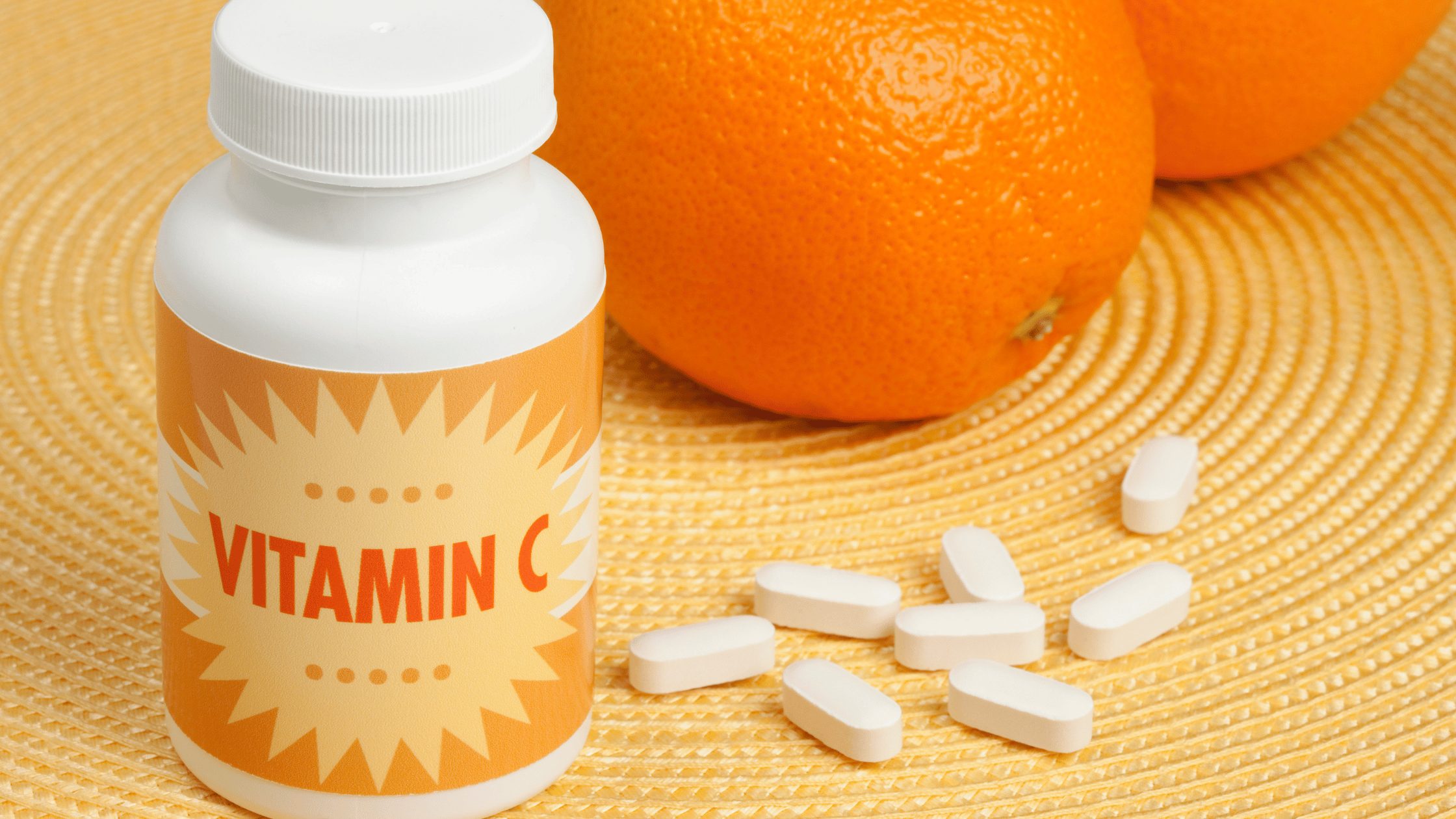
Get a Good Night’s Rest
The last thing, but definitely not the least - in fact, it’s probably the most important, is to get as much sleep as possible.
As stated above, prioritizing sleep is a must.
Ideally, at this point, the hours needed following a long run is between 9 to 10 with 8 hours of sleep being the minimum.
Post-Race Recovery Tips - The Next Day and Beyond
Adequate time needs to be given for recovery. In fact, depending on the intensity given to your race and whether this is your first half marathon, you should allow at least a week off of running to recover.
For the Next Several Days, Begin Each Day By:
- Taking the Emergen-C or 500 to 1000 mg of vitamin C
- Drinking two 8 oz. glasses of water.
- Stretching those tight muscles
- Massaging sore muscles. Again, foam rolling and/or a massage gun provides great therapy!
- Babying those chafed areas
- Checking for areas of swelling and applying ice
- Wearing your compression socks for a day or two more
Throughout the Day
- Make sure you are drinking about half your body weight in ounces each day
- Plan your meals to include about 50-55% carbohydrates and incorporate anti-inflammatory foods - The Eat Like a Marathoner Nutrition Course can help you get a rock solid plan set up for yourself!
- Continue to stretch and/or use other recovery tools.
- Relax and rest - This is a great time to catch up on some light reading. (Or better yet, start working on your next marathon training plan! This guide will get you started.)
- Taking a nap or two is also allowed! -As is hitting the hot tub at this point to promote relaxation and healing. (Although if you still have swelling, gravitate more toward continuing ice therapy.)
- Incorporate some light activities. A light jog, easy run or some mild strength training or other cross training is fine but avoid speed work for the first week or so. No marathon training yet! A general rule of thumb is to not exceed about 60% of your heart rate. To ease back into running after much of your recovery is behind you, it’s best to start by implementing a recovery run. (Recovery runs incorporate a slower, easy pace and include shorter distances than normal.)
- In subsequent days, gradually make adjustments as dictated by your energy level and body language.
- Get 8 to 10 hours of sleep.

Additional Helpful (Optional) Tips
Depending on your fitness level and your life obligations, it’s a good idea to incorporate some total rest days into your schedule by putting other obligations on hold.
Schedule an appointment for a gentle massage or visit your physical therapist of chiropractor.
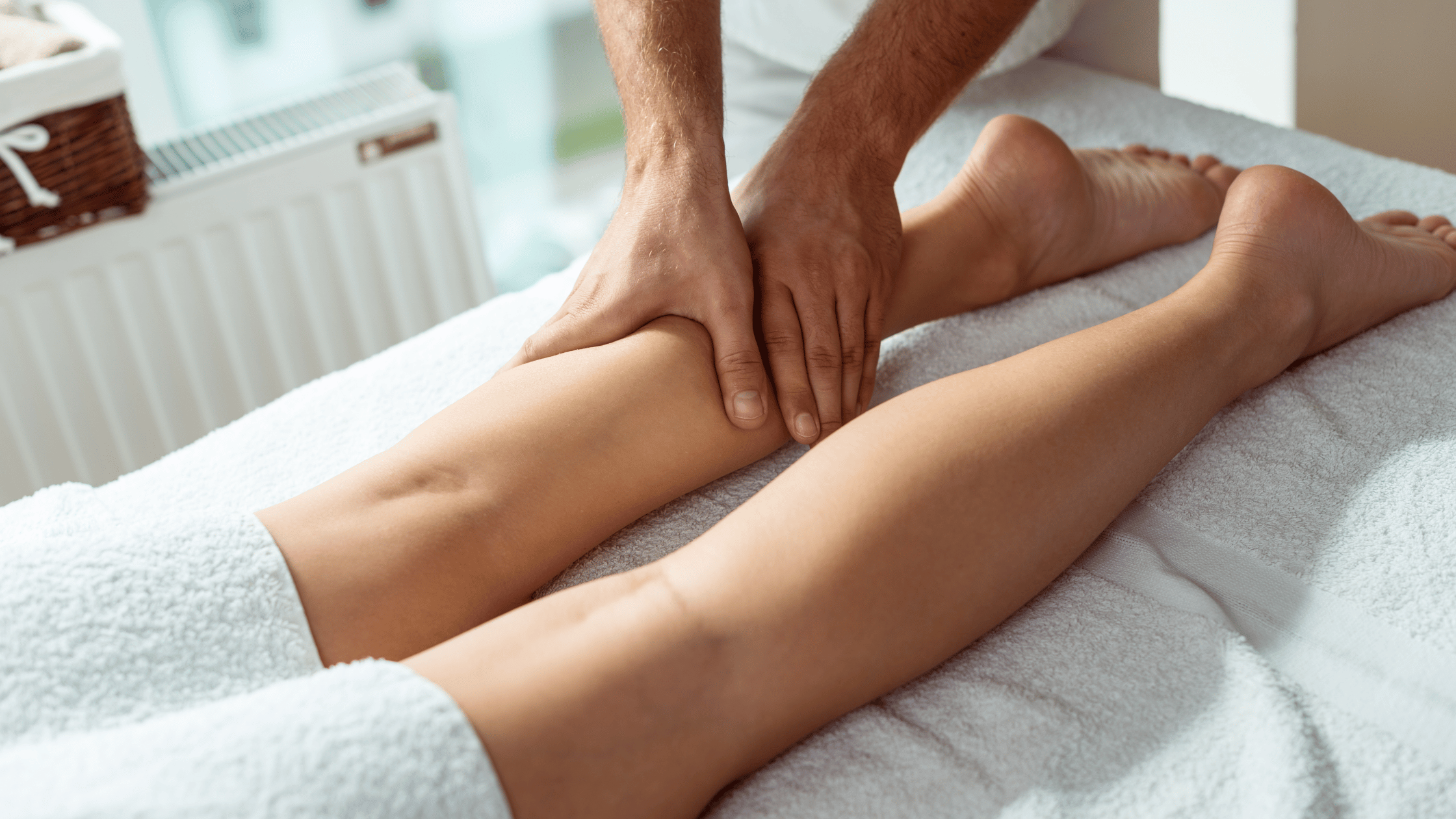
Cautionary Tips
If you start to feel run down when you should really be starting to feel better, make sure to stay on top of your vitamins, intake lots of fluids and get lots of rest!
Committing enough time to your well being during recovery mode, especially in the first week following your long race, will enable you to start preparing for your next half marathon - or, up your game and plan for a full marathon race!
Related Pages:
👋Sign up to receive the free printable strength exercises for runners: 👇
 |
Your second block of text...
As featured on:

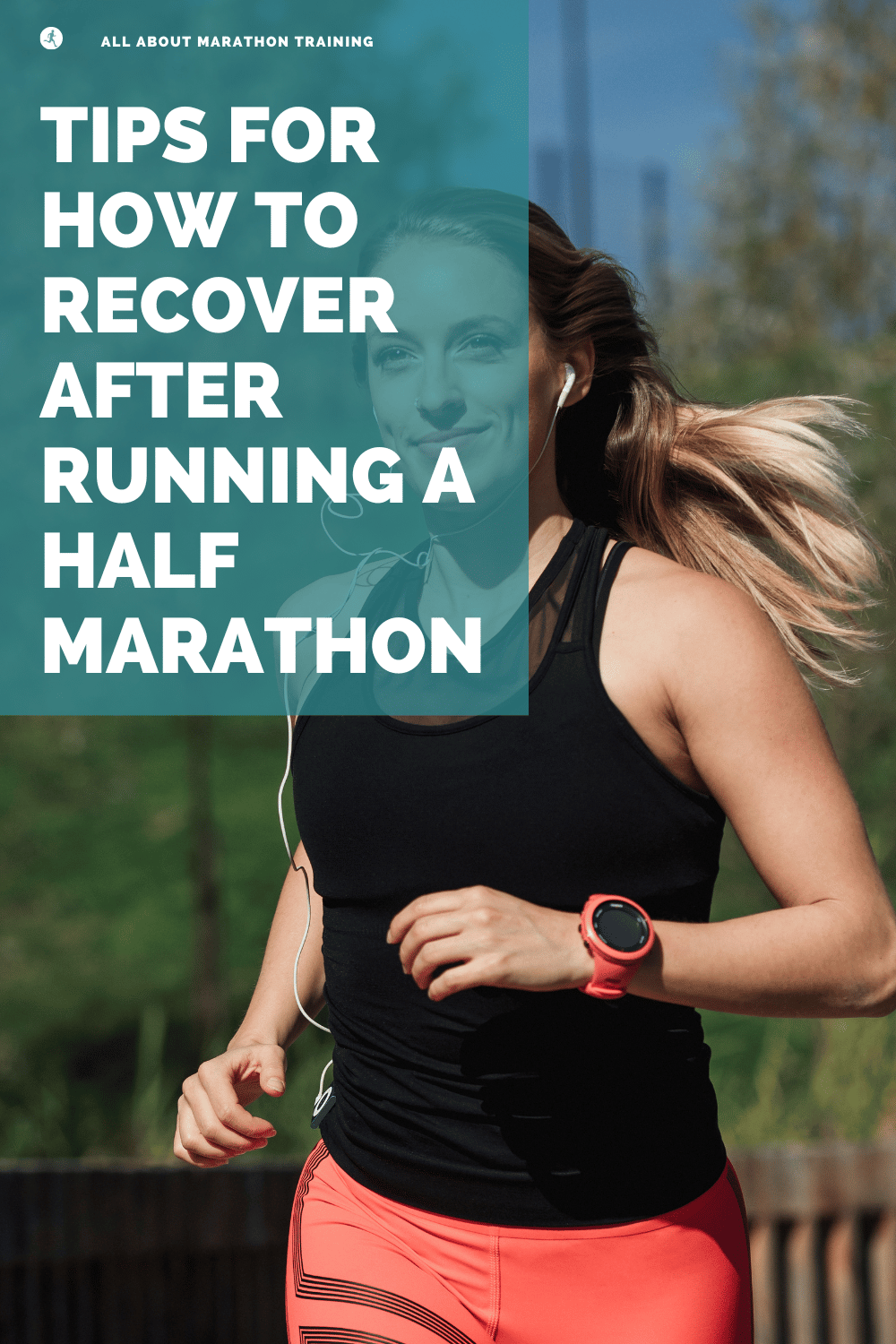
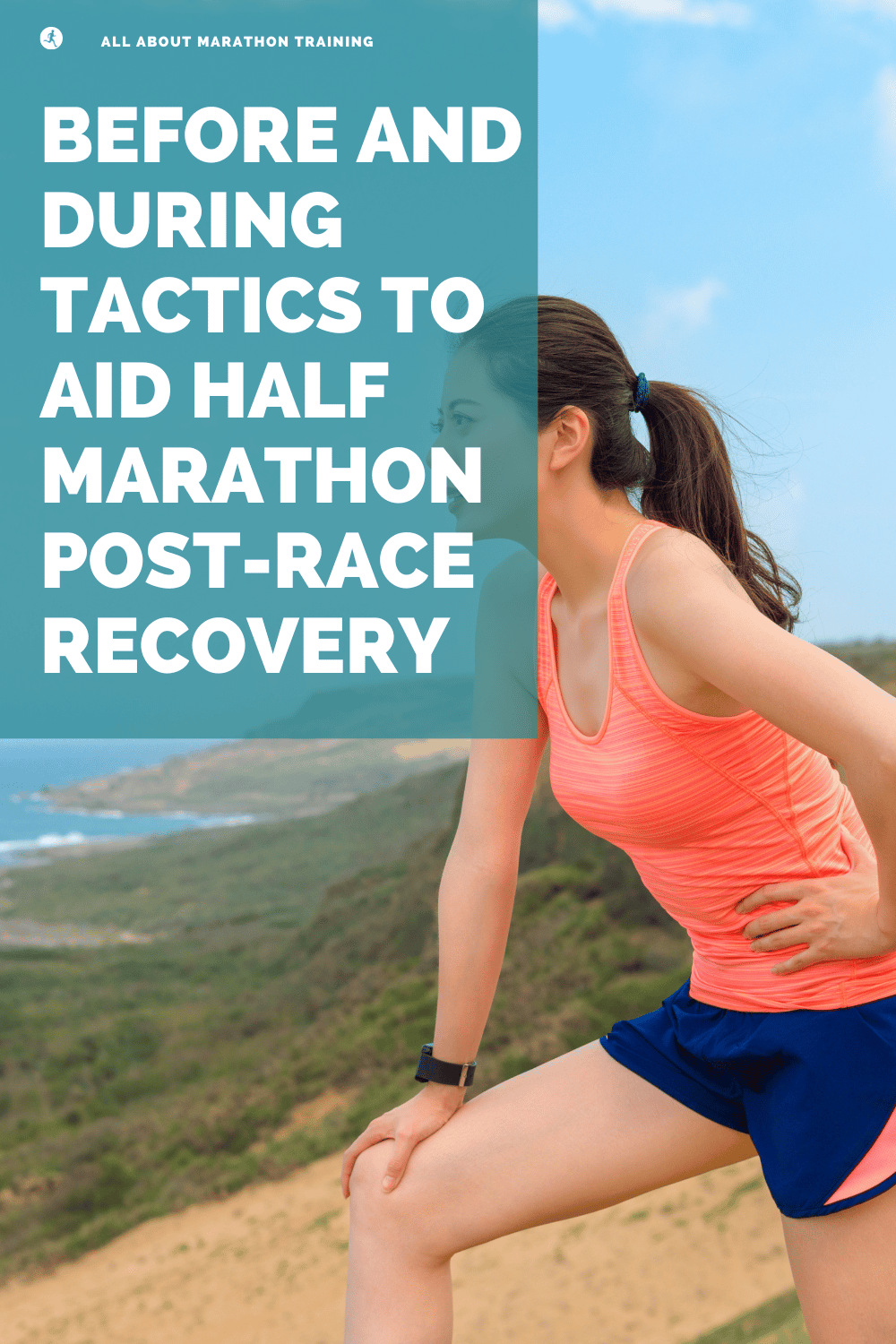
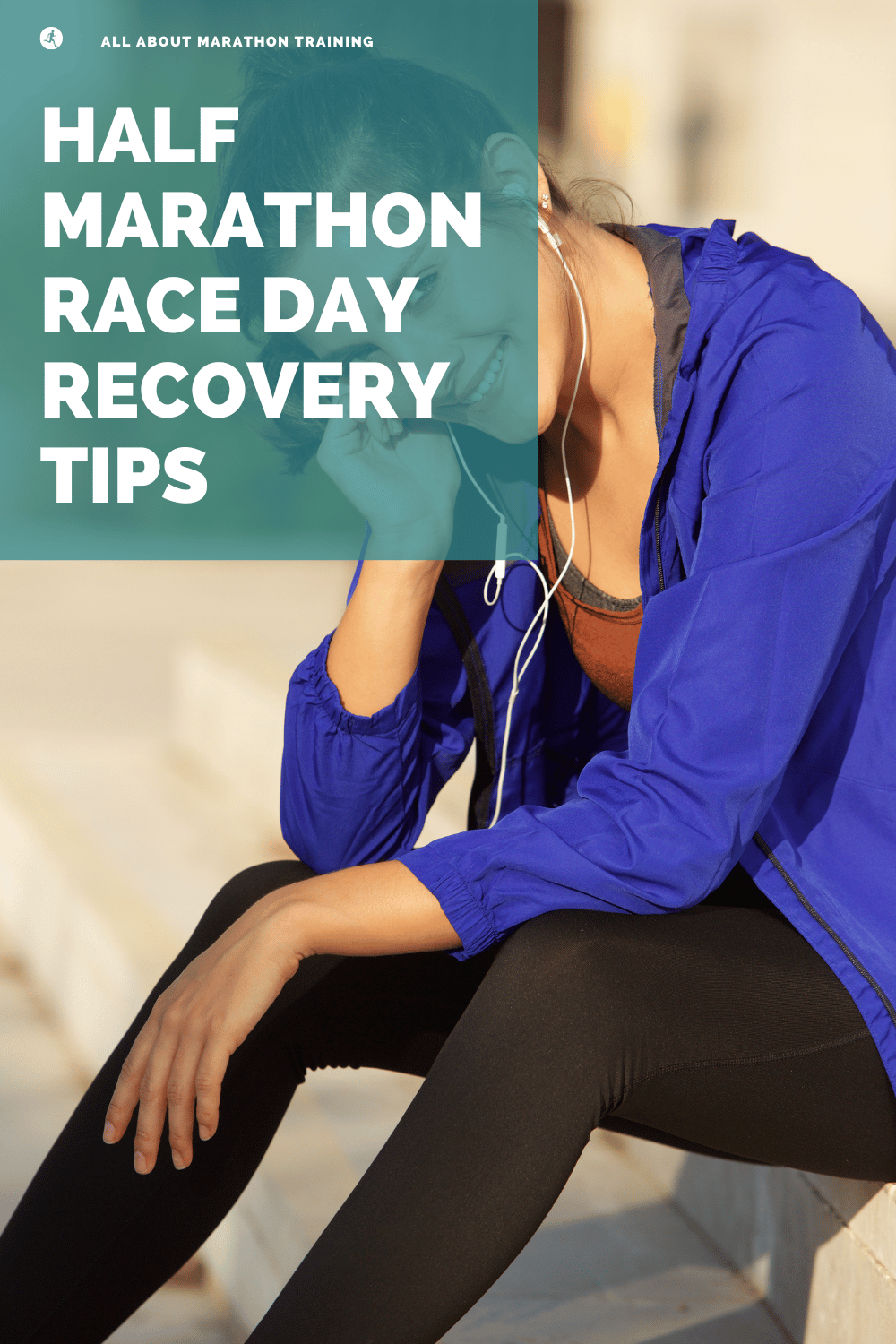




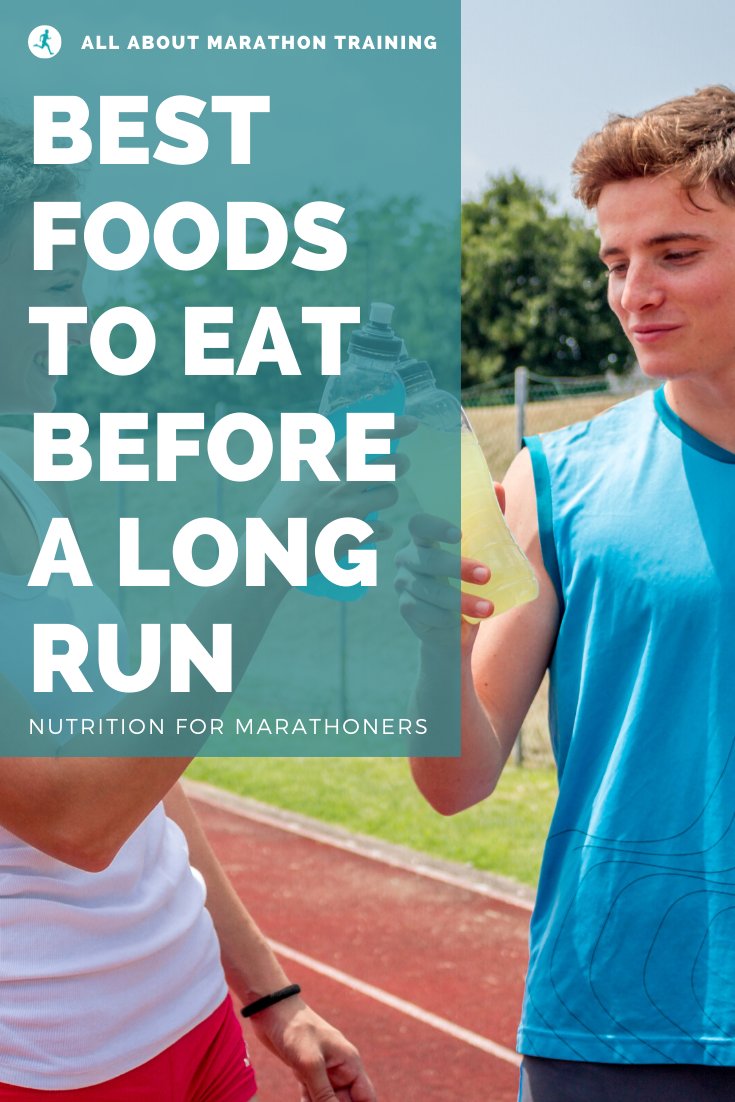

New! Comments
Have your say about what you just read! Leave me a comment in the box below.